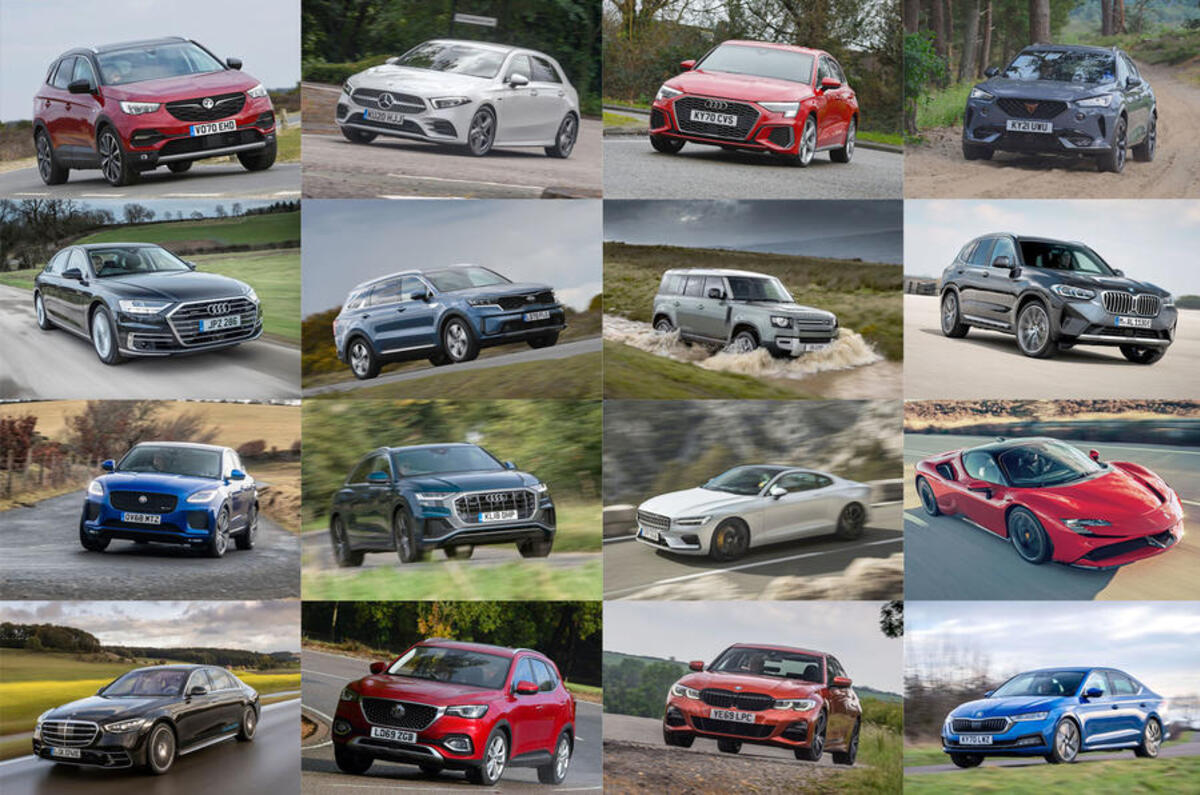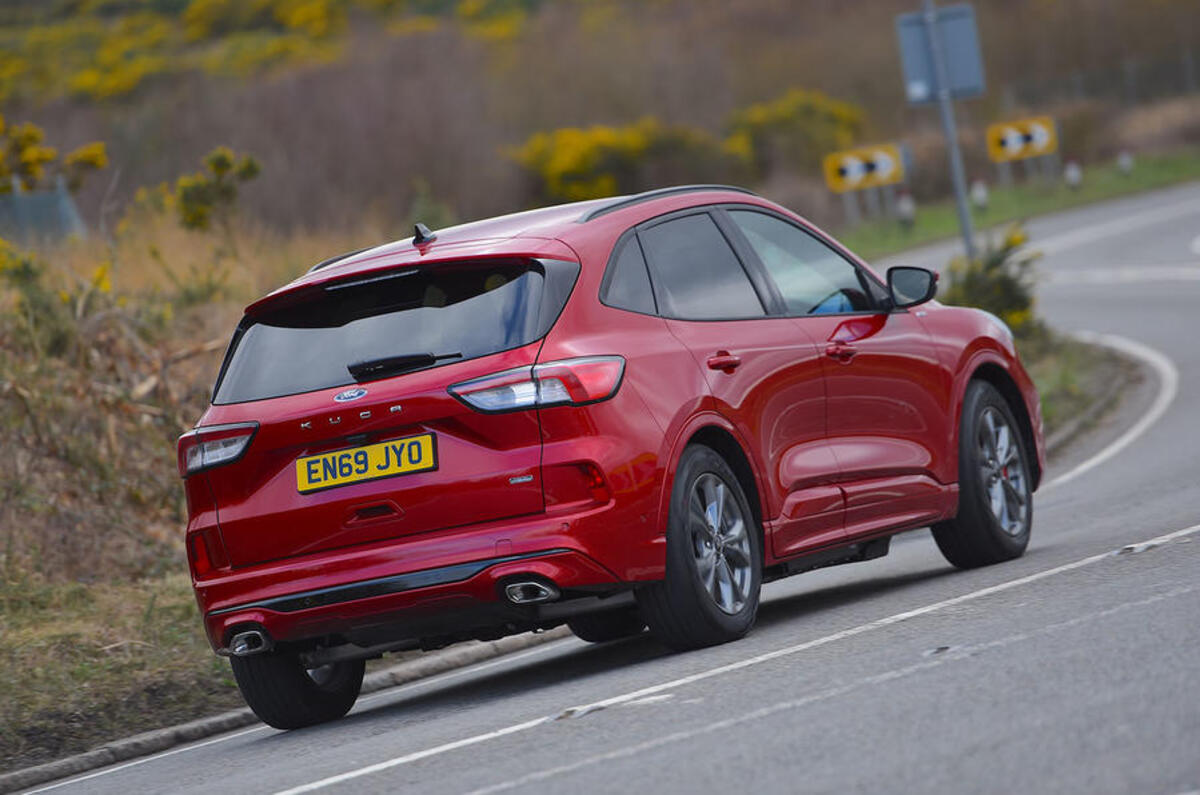Plug-in hybrids (PHEVs) are losing momentum in the car market in the UK and across Europe as regular hybrids and electric cars outpace them.
Sales of PHEVs, including 2021’s best-seller, the BMW 330e, are down 5.5% to the end of May in the UK, while sales of electric cars rose a massive 71%.









Add your comment